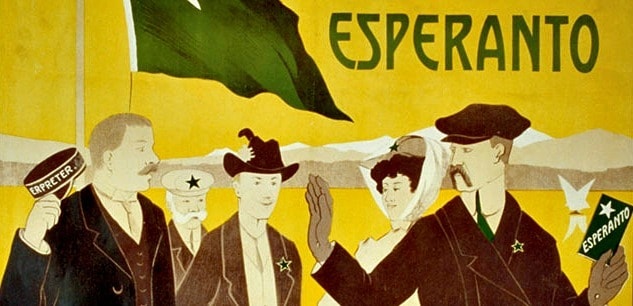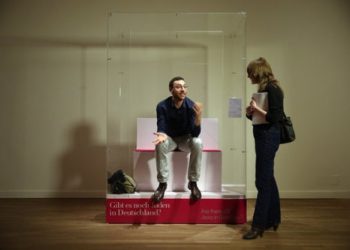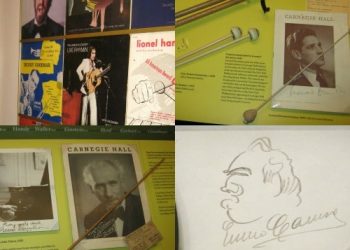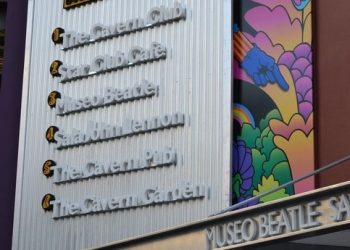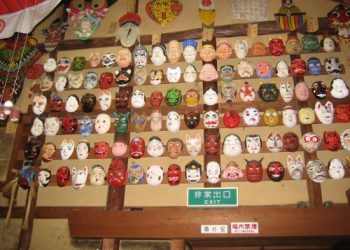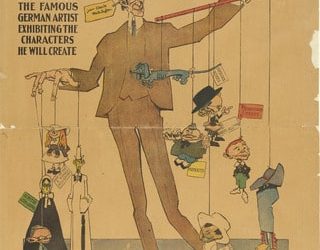Did you know there’s a language for everyone? Well, sort of. Since the 16th century people like Francis Bacon, René Descartes, and Gottfried Wilhelm Leibnitz have tried to come up with constructed languages. Supposedly there are 500 so-called planned languages, but the most important one is Esperanto, which was invented in 1887 by optometrist L.L. Zamenhof. He spoke Russian, Yiddish, German, Polish, and Belarusian and hoped that his new international auxiliary language would help unite the world and encourage peace. Although it was never officially adopted by any country, today it is purportedly spoken by two million people.
It’s amazing that the language survives at all. Esperanto faced many opponents, including Hitler who declared in Mein Kampf that Esperanto was a language that would be used to unite the world’s Jews. All of L.L. Zamenhof’s children and many other Esperantists were killed in the Holocaust. Stalin denounced Esperanto as a “language of spies” and had Esperantists arrested, tried in secret trials, and then executed. Writer Vladimir Varankin was a victim. In 1930s Japan, Esperanto speakers were similarly persecuted, being described as “watermelons – green on the outside but red inside” (green was adopted early on as the colour of Esperanto). Proving history always repeats itself, the American right-wing has used the exact same words in their battles against environmentalists.
In 1927 Hofrat Hugo Steiner founded the Esperanto Museum in Vienna, Austria. The museum, which has been incorporated into the Austrian National Library, has the largest collection of planned languages with 40,000 flyers, 35,000 books, 22,000 photographs, 2,500 magazines, 3,000 museum items, 5,000 manuscripts, and 1,200 placards. But there are a variety of Esperanto-related objects as well like cigarettes, sodas, lapel pins, and posters. Visitors can also use interactive media stations to learn, though acoustic aids, other planned languages, like Klingon from the television series Star Trek. The museum also has a map of those who hold the Passaporto Servo, a system through which Esperanto speakers can travel the world and stay free of charge with other Esperanto speakers (there are about 1450 hosts in 91 countries).
